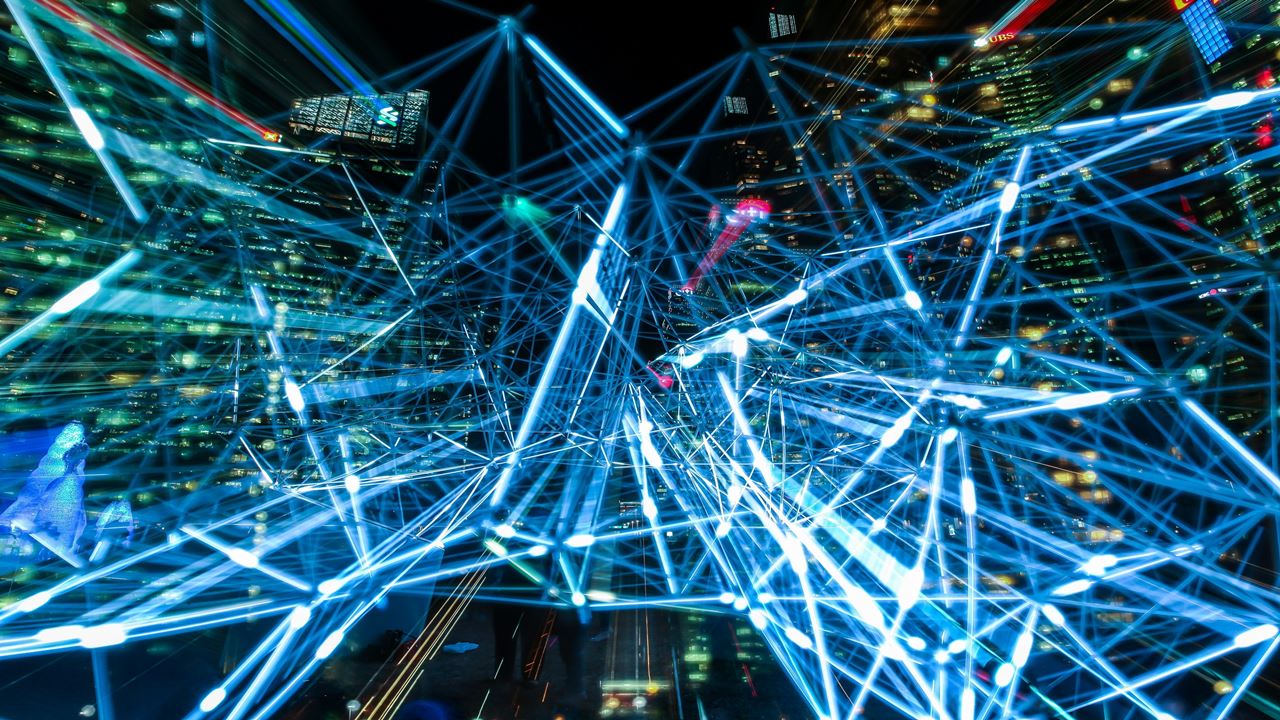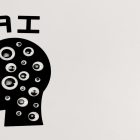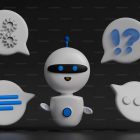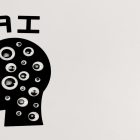What is Artificial Intelligence?

What is Artificial Intelligence – Artificial Intelligence (AI) is a field of computer science that involves creating intelligent machines that can work and think like humans. In simple terms, AI refers to the development of computer systems that can perform tasks that would typically require human intelligence, such as learning, reasoning, problem-solving, decision-making, and understanding natural language.
The Origins of AI
The roots of AI date back to the early 1950s when researchers started exploring the possibility of creating machines that could perform tasks typically associated with human intelligence. The field of AI has since then undergone significant advancements, thanks to the emergence of new technologies and computing power.
Types of AI
AI can be classified into four main categories, based on their level of autonomy and decision-making capabilities:
1. Reactive Machines
Reactive machines are the simplest form of AI systems that can only react to specific situations based on pre-programmed rules. They do not have memory or the ability to use past experiences to inform future actions.
2. Limited Memory
Limited memory AI systems have the ability to store past experiences and use that information to make decisions in the future. However, they do not have the ability to learn and adapt to new situations.
3. Theory of Mind
Theory of mind AI systems have a basic understanding of human emotions, beliefs, and intentions. They can predict how humans will react in different situations, and use that information to make decisions.
4. Self-aware
Self-aware AI systems are the most advanced type of AI, with the ability to learn, reason, and adapt to new situations without human intervention. These machines can think and act like humans and are capable of consciousness and self-awareness.
Applications of AI
AI has numerous practical applications across different industries, including:
1. Healthcare
AI is used in the healthcare industry for medical diagnosis, treatment planning, and drug discovery. It also helps doctors and researchers to identify patterns and trends in large datasets, leading to more accurate diagnoses and treatments.
2. Finance
AI is used in finance to detect fraudulent transactions, analyze customer data, and make investment decisions. It can also be used to predict market trends and help traders make informed decisions.
3. Manufacturing
AI is used in manufacturing to automate production lines, reduce errors, and improve efficiency. It can also be used to predict machine failure, reducing downtime and maintenance costs.
4. Customer Service
AI is used in customer service to provide automated responses and assist customers in finding solutions to their problems. It can also be used to analyze customer feedback and improve service quality.
Challenges in AI Development
While AI has numerous benefits, its development is not without challenges. These challenges include:
1. Bias
AI systems can be biased based on the data they are trained on, leading to discriminatory decisions. This is especially problematic in areas such as hiring and lending, where biased decisions can have significant consequences.
2. Job Displacement
AI has the potential to automate many jobs, leading to job displacement for millions of people. This can lead to significant economic and social challenges.
3. Security and Privacy
AI systems can be vulnerable to cyber attacks, leading to security and privacy concerns. This is especially problematic in areas such as healthcare and finance, where sensitive data is involved.
Conclusion
Artificial Intelligence has the potential to transform numerous industries, improving efficiency and accuracy in different tasks. However, its development also comes with challenges that need to be addressed. As AI technology advances, it is important to consider the ethical, social, and economic implications of its applications.
FAQs
1. What is the difference between AI and machine learning?
Machine learning is a subset of AI that involves training machines to learn from data and improve their performance without being explicitly programmed. AI, on the other hand, encompasses a broader range of technologies and techniques that enable machines to perform tasks that would typically require human intelligence.
2. Can AI replace human workers?
AI has the potential to automate many jobs, leading to job displacement for some workers. However, AI also creates new job opportunities in areas such as AI development, data analysis, and programming. In the long run, it is likely that AI will augment human workers rather than replace them entirely.
3. How does AI impact society?
AI has the potential to impact society in numerous ways, including improving efficiency, reducing errors, and creating new job opportunities. However, it also comes with ethical, social, and economic challenges that need to be addressed, such as bias, job displacement, and privacy concerns.
4. Is AI dangerous?
AI is not inherently dangerous, but it can be used to create systems that cause harm. For example, AI can be used in autonomous weapons systems, which can make decisions without human intervention. It is therefore important to consider the ethical implications of AI applications and develop AI in a way that benefits society.
5. What is the future of AI?
The future of AI is promising, with numerous applications in different industries. As AI technology advances, it is likely that we will see more sophisticated AI systems that can perform even more complex tasks. However, it is important to continue to address the challenges associated with AI development to ensure that AI benefits society as a whole.




















